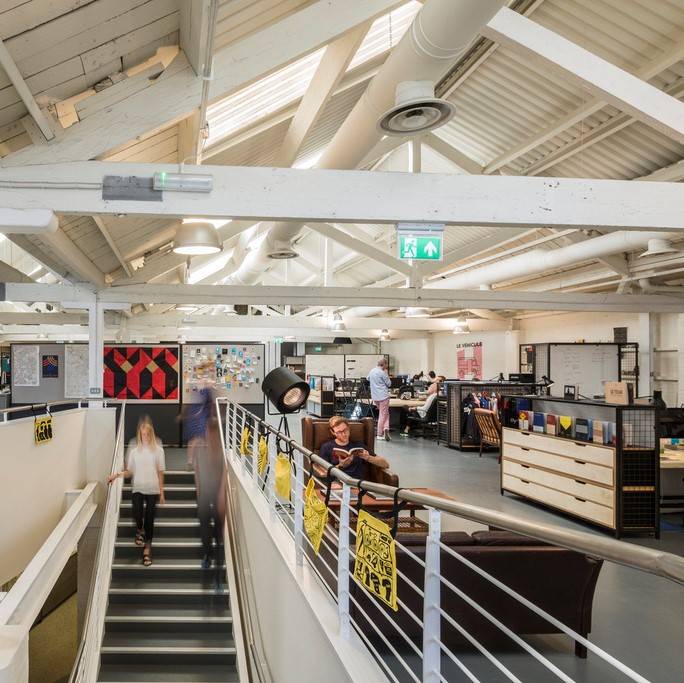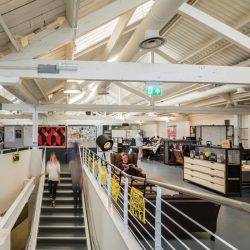March 20, 2018
Working fathers are being let down by workplace policies, claims Government report
 The Government’s Women and Equalities Committee has published its report on fathers in the workplace. Its main conclusion is that current policies supporting fathers in the workplace do not deliver what they promise, despite good intentions and this is particularly the case for less well-off fathers. It claims that the Government must reform workplace policies to ensure they meet the needs of the 21st century family and to better support working dads in caring for their children, say MPs. The report concludes that the right to request flexible working has not created the necessary cultural change and the Government itself admitted to the inquiry that its flagship shared parental leave scheme will not meet its objective for most fathers.
The Government’s Women and Equalities Committee has published its report on fathers in the workplace. Its main conclusion is that current policies supporting fathers in the workplace do not deliver what they promise, despite good intentions and this is particularly the case for less well-off fathers. It claims that the Government must reform workplace policies to ensure they meet the needs of the 21st century family and to better support working dads in caring for their children, say MPs. The report concludes that the right to request flexible working has not created the necessary cultural change and the Government itself admitted to the inquiry that its flagship shared parental leave scheme will not meet its objective for most fathers.
























February 12, 2018
Luther, Marx, Engels and a nailed-on manifesto for workplace change
by Mark Eltringham • Comment, Facilities management, Workplace design
(more…)